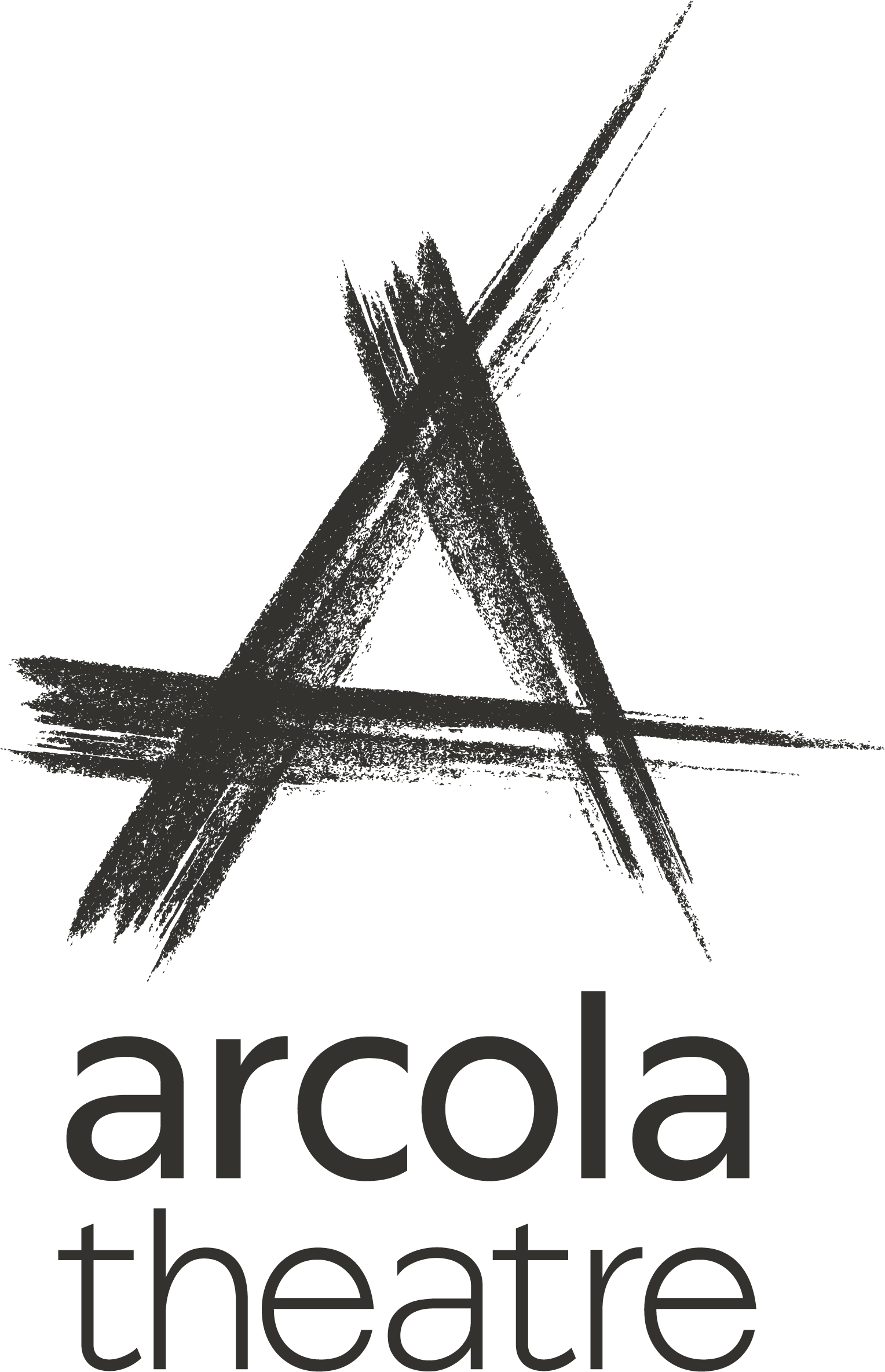Peer Gynt, written in 1867, tells the story of a young man’s quest to fulfil the greatness he perceives in himself. Breaking away from his rural upbringing he travels the world from Northern Europe to the coast of Morocco in search of adventure, riches and recognition. Peer Gynt combines a wide variety of performance styles and draws on numerous storytelling traditions to present a challenging and magical philosophical adventure.Henrik Ibsen
Director’s Notes:
Although Ibsen wrote his play at the end of the 19th century, I believe that Peer Gynt’s odyssey is a potent reflection of our own times. Sensing that his home village is too limiting to accommodate his soul, and frustrated by the narrow-minded, quarrelsome and vexatious villagers’ incapacity to recognise his qualities, this stubborn and ambitious boy goes out into the world to try his luck and to fulfil his true potential. He plans to explore and to develop his Self, but his is a soul that will constantly be torn between its own divine aspirations and its underlying egocentricities. His quest becomes a relentless crusade of the Self, seeking to profit from every possible deal, wherever possible, whatever the conditions…
His is a Self thirsty for recognition… a Self that shrugs all responsibility, rejects all doubt, finds justifications for every deed. It is a Self that adopts for its own ends, every belief, every faith, every feeling, ignoring all contradictions as long as the necessary rewards are reaped. Peer is an adventurer, and exploiter, a cosmopolitan, so to speak, who is never satisfied with the advantages he accrues.
He is a Faust and a Don Quixote, one of the so-called ‘heroes’ who ignite our imagination.‘ Heroes’ who have been everywhere, done everything, experienced the world and learned nothing, and, returning to their village and homeland, in the twilight of their lives to search for the traces of their childhood, find themselves bargaining with death and seeking to confirm the value of their search and secure their rightful place in history. These ‘heroes’ form part of the mythology of the last century. They are more numerous and more prominent that they have ever been before. Of course this is only one of many possible perspectives on the play, but we hope that our production will convey these contemporary and relevant concerns.
David Levin Jan 2003


